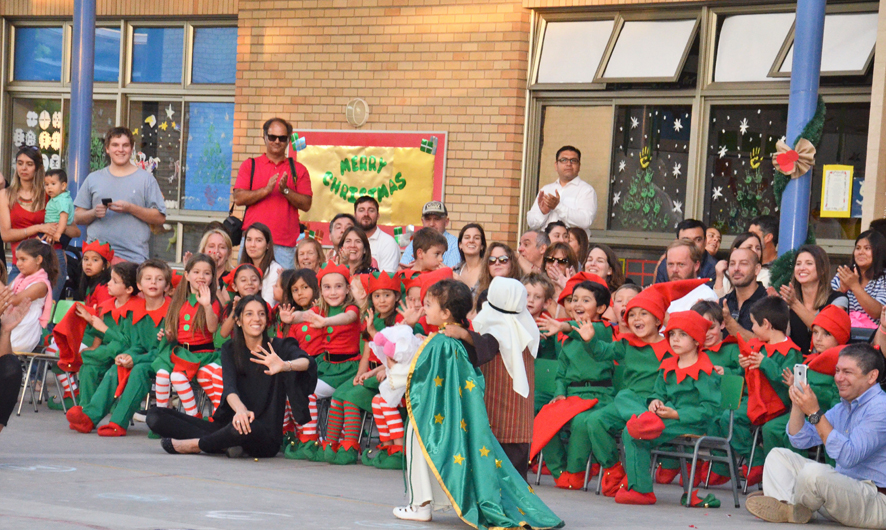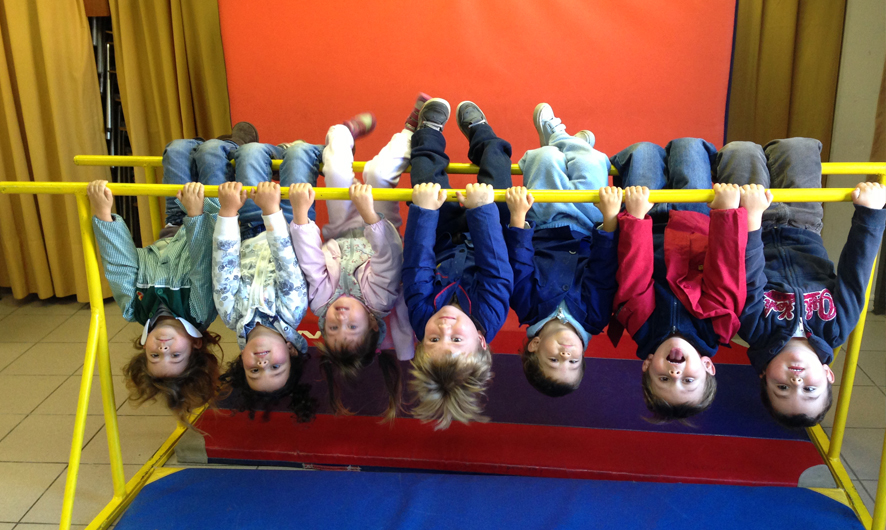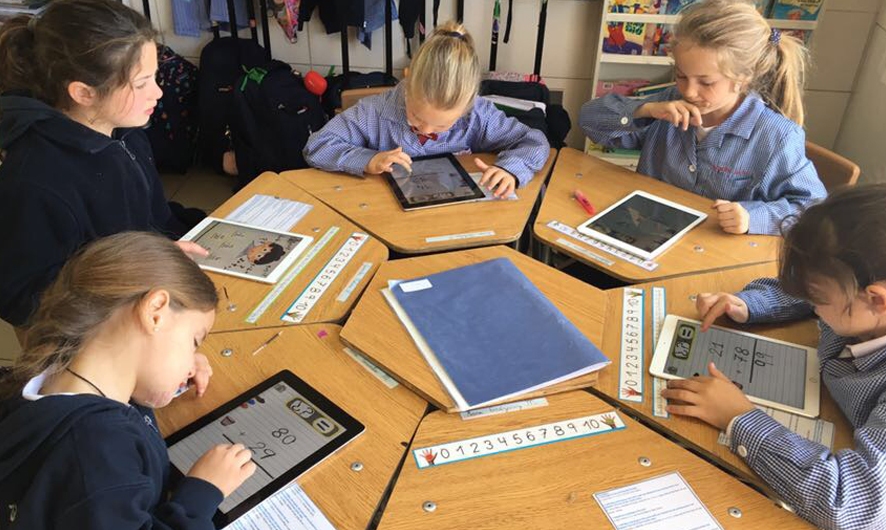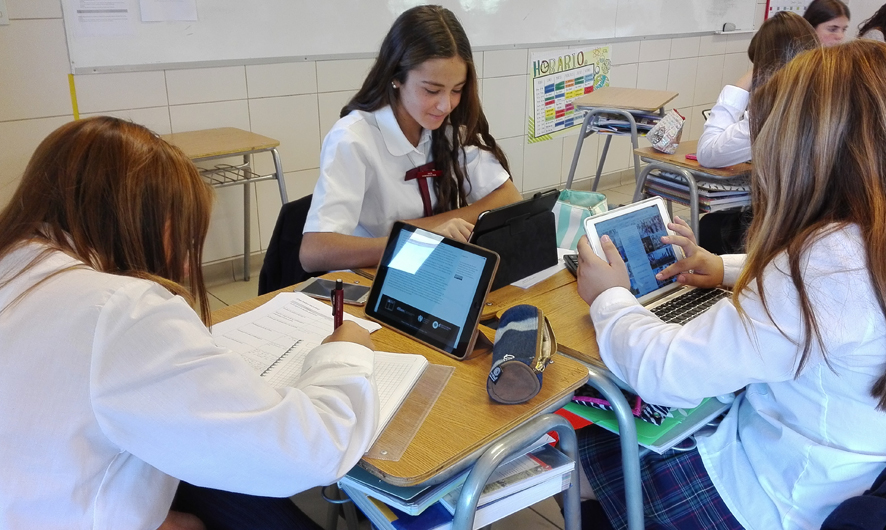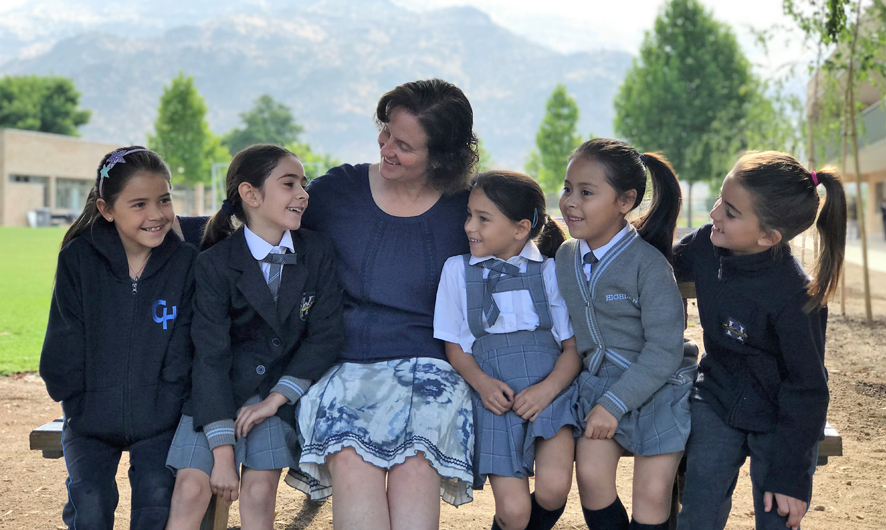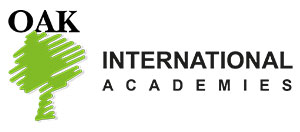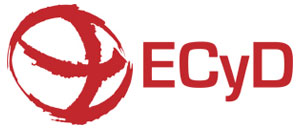EDUCATIONAL MODEL
Academic Programme
Our competency-based academic programme ensures that students are able to relate what they learn at school to what they see in their daily and academic life, thus developing reasoning for problem solving and decision making.
Competence-based Education
Competency-based education focuses on learning, not teaching, and its approach is a fundamental tool in our model of integral education, as it promotes knowledge, self-training, the formation of intellectual skills and, above all, the formation of virtues and values.
The aim of the competency-based educational approach is for students to apply their knowledge, skills and attitudes in different contexts or learning environments. To achieve this, different learning methodologies are used, such as projects, problem-based learning, design in learning environments, case resolution, among others. In all of them, the active and proactive participation of the learner is indispensable, as he/she must show the integration of intellectual, social, personal and emotional skills.
GUIDED AND MOTIVATED LEARNING
We encourage your Maximum Effort
To Develop your Potential
When we speak of competency-based education, we refer to the kind of teaching that helps learners to think so that they become good people and act not only for their own benefit but also for the benefit of others. We start from the assumption that learning is primarily the responsibility of the learner. We are oriented towards projecting the student as the main protagonist and responsible for his or her own learning process, guided and motivated by a trainer who will encourage him or her to make the maximum effort to develop his or her potential.
Collaborative work is a fundamental element in our educational model, as it helps students to develop the skills required in an increasingly globalised society.
CREATE SOLUTIONS
Technology
We know that our students are digital natives, so rather than teaching them how to use technology, our programme focuses on encouraging responsible use and the development of critical thinking for research, turning them into responsible digital citizens.
Our model considers technology as a support tool in all subjects, thus achieving the development of advanced digital skills. It responds to international standards by developing the digital and technological skills needed for the future.
“When students design, create, code and program robots, they develop their creativity, increase their ability to solve problems and work in teams, putting into practice, in a comprehensive way, their knowledge of physics, algebra, electronics, mechanics and computer science”.
With the STEAM (Science, Technology, Engineering, Arts & Math) methodology, we aim for students to bring their ideas and projects to reality, integrating different disciplines, becoming producers and creators of solutions that transform the world.
PREPARING FOR A GLOBAL WORLD
Languages
In our model, English is much more than a subject. The main advantage of our bilingual system is the academic approach to language learning. This approach favours the acquisition of a broad vocabulary and the full development of their ability to express themselves and understand English, giving them the opportunity to perform successfully in academic and professional situations.
English proficiency is achieved progressively. In pre-school, students learn English as they did with their mother tongue, in a natural and spontaneous way by listening to it daily in activities such as songs, games, stories or real-life situations. Later on, students learn with reading resources, used in schools in English-speaking countries, which help to expand vocabulary and encourage the correct use of English, at a high level, beyond the functional.
The students who graduate from high school demonstrate, in standardised tests, an excellent command of the language, obtaining a level C1* according to the Common European Framework of Reference for Languages, which means that they can speak with an advanced linguistic level, about technical subjects, with confidence and fluency.
*More than 50% of students achieve this grade.
TO DEVELOP HOLISTICALLY
Art and Sport
FORMING ONE TEAM
Family
Our mission of formation is achieved by working together with parents. We reinforce the values and teaching that our students receive at home, which is where the formation of heart and character begins.
We work together in alliance with parents to ensure that their children choose a life of values, offering them training and concrete means to help them in their work as formators.
KNOW, ACCOMPANY AND MOTIVATE
Formators
We firmly believe that people are the ones who form the students and not the models, therefore we consider the teacher as a fundamental link for each student to achieve their maximum learning.
We encourage the teacher to get to know each student in their interests, desires and abilities, achieving:


